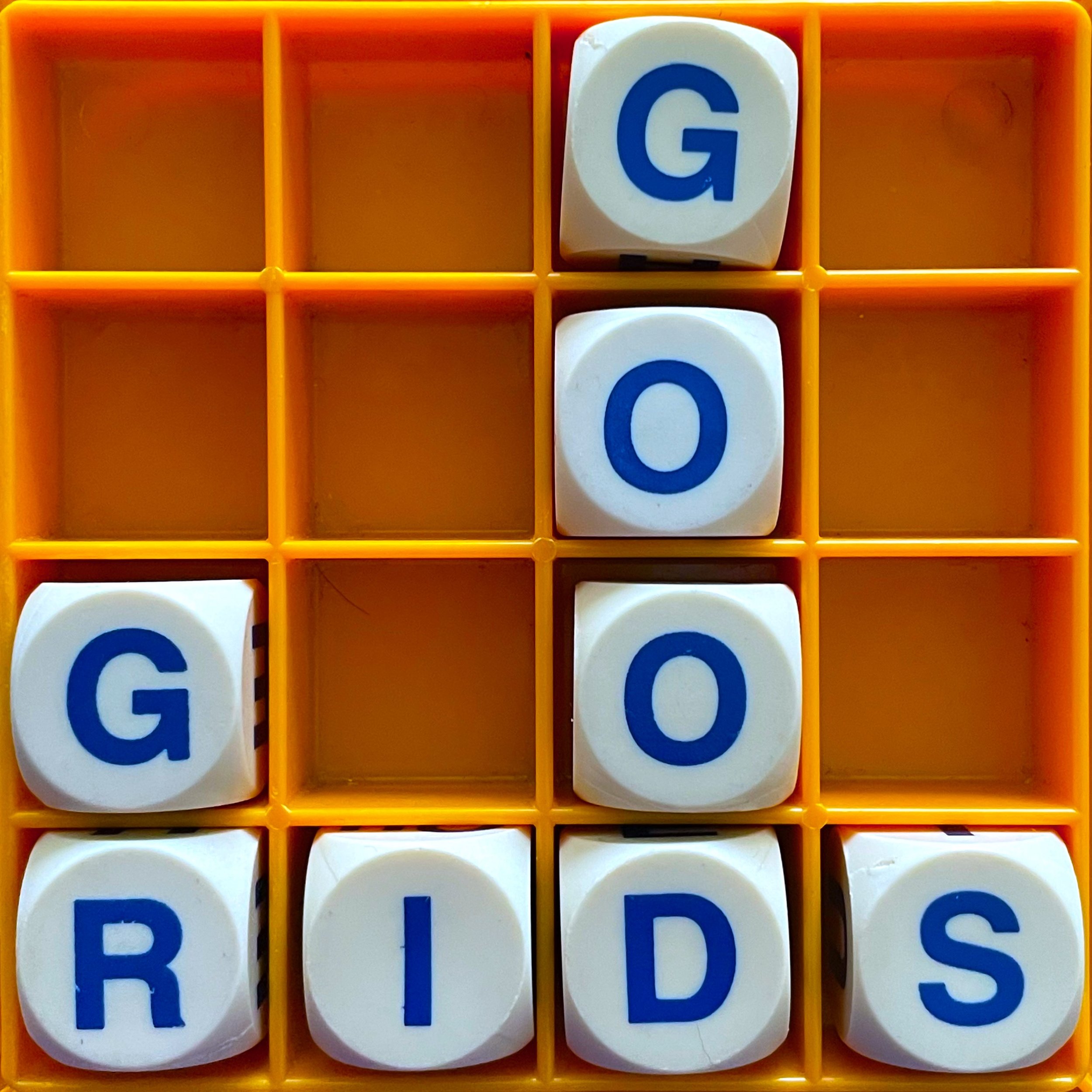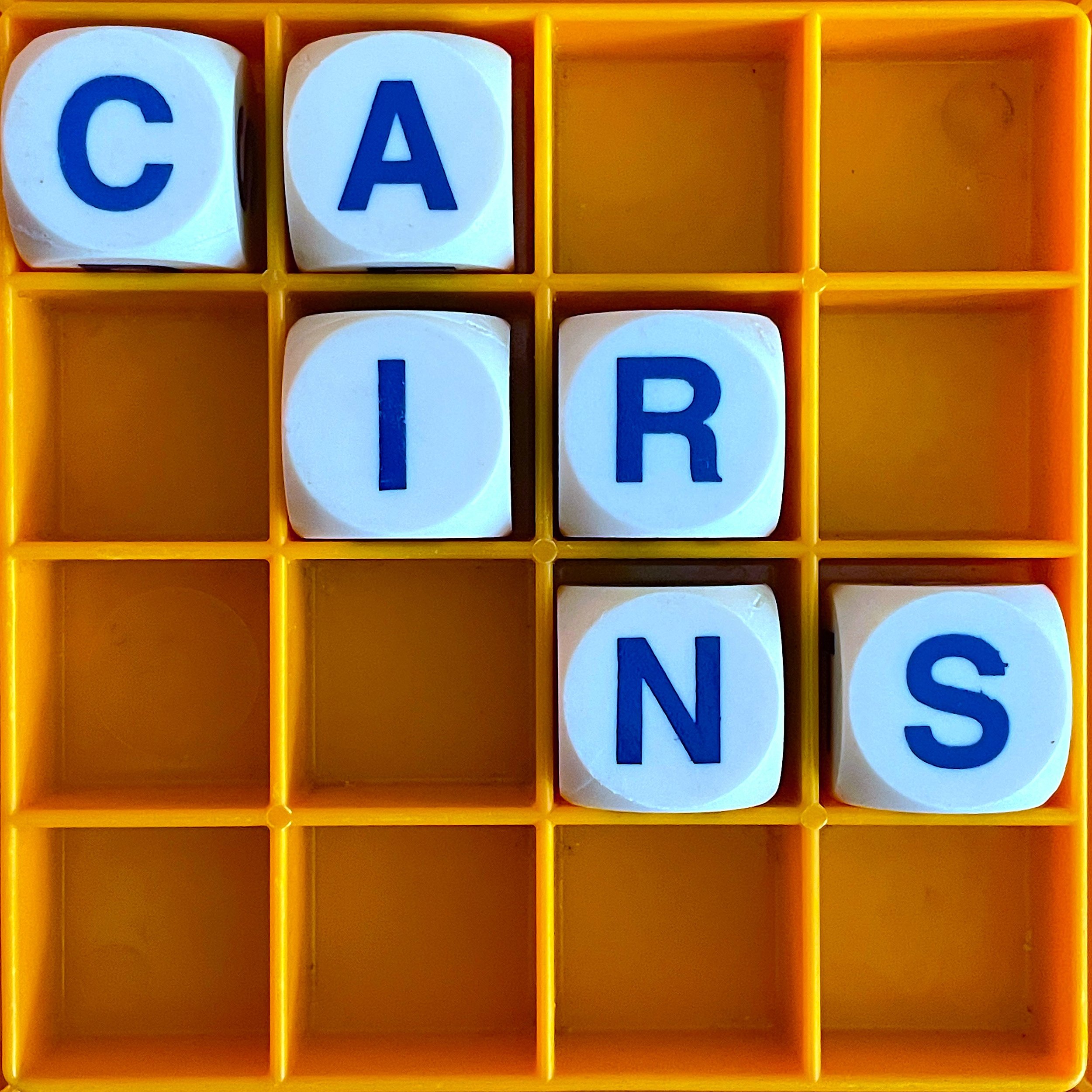ISHBEL McFARLANE: “You crap so much that you sunk a ship you were on.”
HZ: I’m gonna use that.
Allusionist 201. Singlish transcript
BIBEK GURUNG: You grow up with the sense that if your first language, or one of your first languages, Singlish, actually a bad version of an already existing language, you kind of get this sense that “I'm just bad at language,” which is… language is a fundamental human skill. It's what separates us from the lemurs or whatever. And to just have this sense that you're bad at this very fundamental skill, I think, really does a number to your self esteem and your abilities to communicate in general. I still have a lot of - I don't know how to phrase it, maybe like cultural cringe - around Singlish. And when I meet someone from Singapore, we do sort of lapse into Singlish and communicate in that way, except if I'm with American friends and then I just feel so self conscious and I'm not able to do it. As a student of linguistics and someone who just knows about the sociolinguistic dynamics, I still find it really hard to shake.
Read moreTranquillusionist: Ex-Constellations transcript
Let’s hear it for some of the constellations that we used to have but are now ex-constellations.
Read moreAllusionist 198. Queer Arab Glossary
HZ: So how do you go about building a glossary when you have to do that yourself from scratch?
MARWAN KAABOUR: Yes, it's a good question. Like, why would a graphic designer with a steady job decide to open this can of worms?
Allusionist 194 Word Play part 4: Good Grids
ERIK AGARD: What I see a lot in crosswords is, I think, not unique to crosswords where historically they've been for a very specific cross-section of an audience. They're written with certain people in mind, and certain other people not in mind. And I think we're starting to see the tip of the iceberg of some changes that expands the range of who they're for.
Read moreAllusionist 192 Word Play part 2 transcript
HZ: People assume to my face that a podcast about language won't be fun, and they're like, “Why would you do something that sounds so boring and dry and like a punishment?” What kind of reactions do you get when people learn that you make games about language?
KATHRYN HYMES: It's so interesting - for some people there's a similar reaction, but for a set of people, it's like you have given them the thing that they have most wanted in the world and maybe didn't realise or articulate or hope that such a thing could be made. And it's somewhat shocking that there's enough of those people and that the internet is able to connect it, you know, connect us to them that we end up finding each other.
Allusionist 181 Cairns transcript
LINDSAY ROSE RUSSELL: I don't think James Murray felt like he was alone in making the Oxford English Dictionary. I think he was keenly aware of himself as a part of a very large and many tentacled team. In a lecture he gave in 1900, he talked about every lexicographer as adding their stone to the cairn. You know, cairns like the little things when you go hiking that are piles of stones that tell you you're still on the right path. So I think Murray understood his own work as contributing to a larger lexicographical project where he was not a lone dictionary maker in the effort of dictionary making more grandly. But, I don't know; in history, I think it's easier to tell the story of a singular man. Because of course it's easier to tell the story of a singular man, as opposed to the story of thousands of people working on a single dictionary and doing all different kinds of things.
Read moreAllusionist 118 Survival: Bequest transcript
ELIZABETH KEREKERE: I'm so convinced that transphobia, biphobia, homophobia are such an integral part of colonisation, I reject that as a colonial construct, I reject it as racist.
As they took our land - tried to take all of our land, tried to take all of our language and suppress our culture, they also took our expressions of sexuality and gender. And that is important to us in a core part of our culture, especially because the way that the institutional racism, the intergenerational trauma that is the legacy of colonisation has impacted on us and the levels of discrimination against people with diverse genders, sexualities and sex characteristics, that we see that all of this, all of this was a massive attempt to cover up what was already there and pretend it never happened.
Allusionist 76. Across the Pond - transcript
HZ: We’ve all noted by now that Americans don’t spell colour or neighbour with a ‘u’ because who needs it, and Brits snigger uncontrollably at ‘fanny pack’. We know American and British Englishes are different, but the question is “Why?”
LYNNE MURPHY: People will say to me, "Why do British people say this and American people say that?" and I'm like, "Well, because they learned English in different places."
Read more








